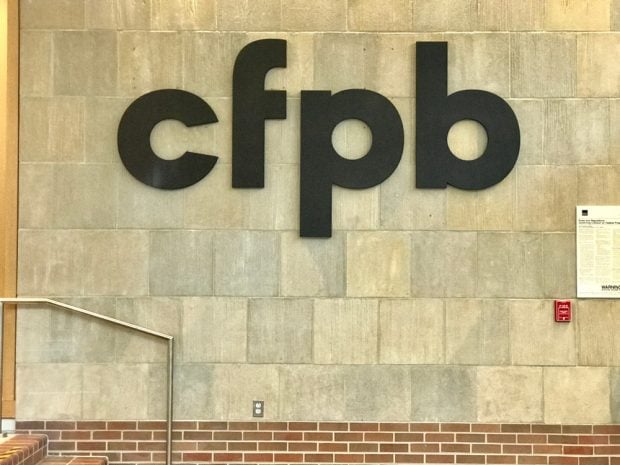 Credit/Shutterstock
Credit/Shutterstock
In a recent rulemaking agenda filed by the CFPB, the Bureau signaled it expects to issue new proposed rules concerning non-sufficient funds (NSF) fees and overdraft fees. The filing caught the attention of credit union and banking groups and they called on the CFPB to follow proper rulemaking procedures if the Bureau heads down this road.
On Wednesday, officials from America's Credit Unions, the American Bankers Association and the Independent Community Bankers of America sent a joint letter to CFPB Director Rohit Chopra stating any such NSF fees and overdraft fees rules would cause a negative economic impact on financial institutions and the Bureau must go through the Small Business Regulatory Enforcement Fairness Act (SBREFA) review process.
Recommended For You
"These rulemakings will have a significant economic impact on banks and credit unions with assets of $850 million or less, which triggers the SBREFA review process," the letter stated. "We urge you not to proceed with these rulemakings until the Bureau assesses the economic impact of its rulemakings on community banks and credit unions, as the Bureau is required to do under section 1100G of the Dodd-Frank Wall Street Reform and Consumer Protection Act."
According to a brief description in the filing by the CFPB, the Bureau appears to argue it's been too long since NSF fees and overdraft fees rules have been updated.
"Financial institutions offer various types of overdraft services, some of which are subject to Regulation Z and some of which are not," the filing stated. "Whether Regulation Z applies depends on whether fees imposed in connection with those services (overdraft fees) are considered finance charges. When the Federal Reserve Board first adopted Regulation Z in 1969, it created special rules for determining whether overdraft fees are considered finance charges. While the nature of overdraft services, including how accounts can be overdrawn and how financial institutions determine whether to advance funds to pay the overdrawn amount, has significantly changed since 1969, the special rules remain largely unchanged."
The filing concluded, "The CFPB is considering developing proposed amendments to Regulation Z with respect to these special rules."
In the letter, the credit union and banking groups argued, "If the Bureau intends to use its authority to regulate unfair, deceptive or abusive acts and practices to prohibit charging NSF fees under certain circumstances, that prohibition will apply to all banks and credit unions, regardless of asset size."
The groups also argued, adding any similar rule subjecting overdraft fees to Regulation Z would also impact all overdraft services at financial institutions.
According to the CFPB's filing, there is no timeline for publishing the proposed rules.
© Touchpoint Markets, All Rights Reserved. Request academic re-use from www.copyright.com. All other uses, submit a request to [email protected]. For more inforrmation visit Asset & Logo Licensing.







